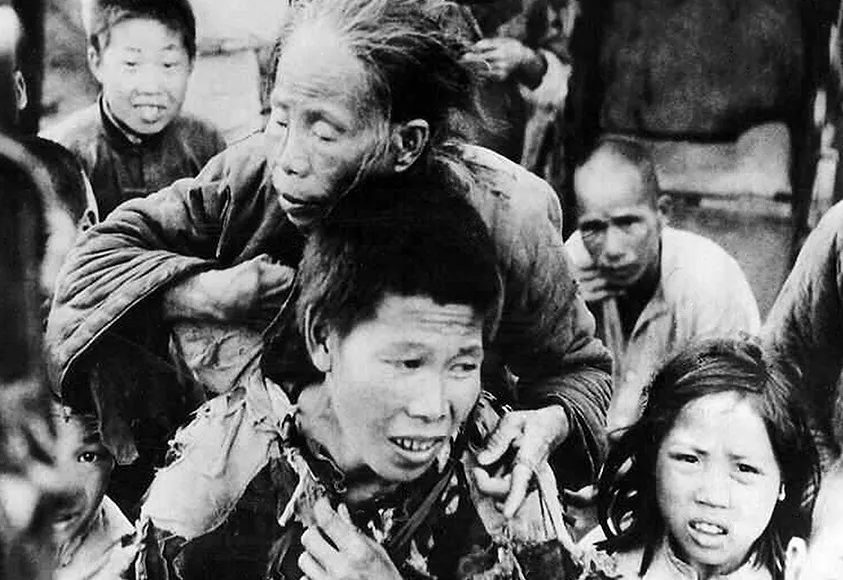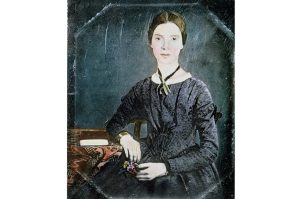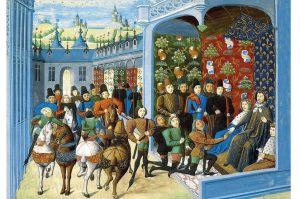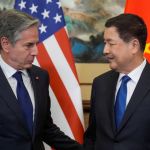All families have secrets, but few family histories are classified by the state. After the death of Snow’s father, his study is cleared out by officials from the Chinese Communist Party; but Snow discovers letters and unmarked hard drives hidden in hollowed-out dictionaries that they’d missed. The material reveals that her father was a high-ranking intelligence officer in the party, handpicked to build China’s intelligence service after the founding of the new People’s Republic. He’d hidden them for his family to find.
Jie provides a rare insider account showing just how much the CCP knew and how much it covered up
This isn’t the set-up for a new spy novel, but a true story. In 2018, Snow handed the trove of material to the Chinese journalist Xinran, who has collated it in The Book of Secrets, translated by Will Spence. It tells the tale of a family, close to the nerve center of power since the birth of the People’s Republic, through voice recordings, photographs and the letters Snow’s father, Jie, wrote to her mother, Moon. Together they form an exceptional account of how communist authoritarianism evolved in China. Xinran has anonymized the family to protect those they still know inside the country.
In the 1940s, when still an undergraduate at the elite Tsinghua University, Jie secretly joined the party, believing it to be the answer to the country’s malaise. As a child, he’d seen a Chinese woman stabbed to death by Japanese occupiers for smuggling rice, which traumatized and radicalized him. Being assigned to intelligence work reflected the party’s trust in him, but it also meant that he was able to see the organization’s darkest side. There were red flags from the beginning: a fellow student at Tsinghua was shot, along with his parents, for waving a Kuomintang flag on Tiananmen Square after the communist takeover.
When acute famine set in after the Great Leap Forward, Jie could see the true damage the party was wreaking on the country. Military intelligence found that there was mass starvation in the countryside as a result of officials falsifying grain harvests a few years earlier. “In some areas, people don’t even have the energy to bury their relatives,” Jie wrote. His letters also reveal that the Soviets had coerced China to join the Korean war in return for continued technical support, and that the majority of Chinese prisoners of war from that conflict chose to go to Taiwan on their release instead of returning to China.
Revelations like these are still controversial in China, where history is constantly erased and manipulated by the party. This “collective amnesia,” as Xinran calls it, means that most Chinese don’t know their own history, while those outside China have most access to the truth, often from English-language sources. Which makes The Book of Secrets a particularly rare thing: a candid, insider account showing just how much the party knew and how much it covered up.
There’s a tragic parallel between the CCP’s stranglehold on China and Jie’s control over his wife, the other story that emerges. “I’ve often thought of myself as your mentor, your political patron,” he tells Moon years into their marriage, in one typically patronizing letter. She’d been a student when he was an instructor at the Military Academy in Beijing, a power dynamic he never shook off. To prevent her going to Korea to aid the war effort before they were married, he secretly told the party about her family in Taiwan — which would have repercussions for decades after. To break up her courtship with another man, he triggered an investigation into the rival which ended with the man’s exile to a Siberian labor camp and Moon marrying Jie out of necessity. In trying to become her protector, he became her jailor. In return, she punished him with “silent resistance” ever after.
Jie couldn’t say much of this to his children when he was alive, so he left the letters and recordings for them to find. They reveal a man who struggled to accept that his marriage and politics were both mistakes. Throughout his career, he’d been purged and arrested numerous times. (There’s one particularly poignant gap in the letters between 1966 and 1976: the ten years of the Cultural Revolution in which he’d been sent to a labor camp.) But it was his final arrest in 2009, when he was in his eighties — that really knocked his faith in the party dead. “Am I still a communist? Has my life been lived in vain?” he asked after his release.
In the later letters, Jie seems optimistic that the internet will usher in a new open age, presenting “our only chance of escape from the party’s control.” That now looks like misplaced hope. Jie died in July 2017, a few months before Xi Jinping’s abolition of the two-term limit on China’s presidency. Is escape still a possibility? The first step must be for China to learn about its past.
This article was originally published in The Spectator’s UK magazine. Subscribe to the World edition here.


















